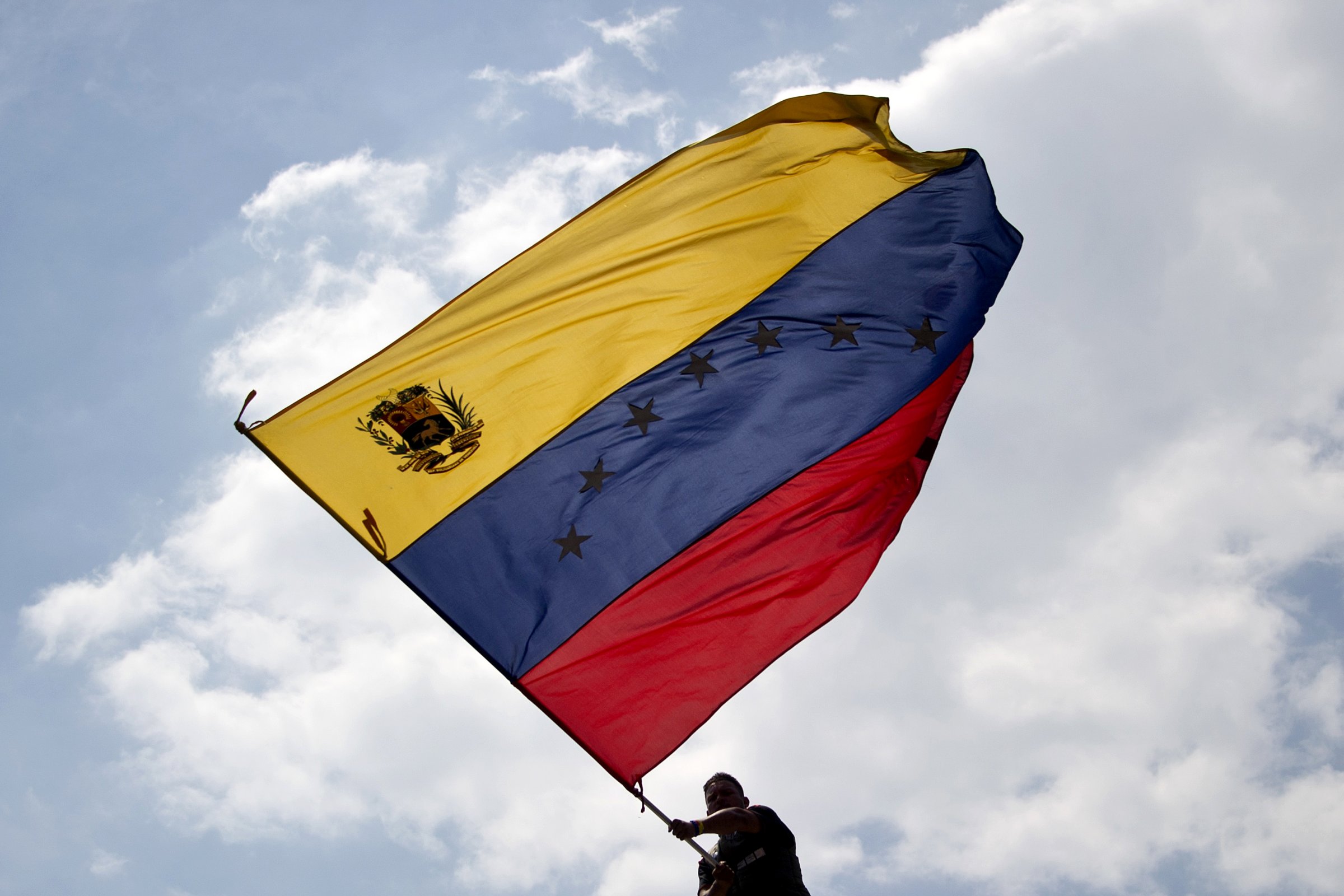
As the finances of Venezuela continue to deteriorate under the collapse of crude oil prices, the government of President Nicolas Maduro is becoming more paranoid and vindictive.
Venezuela derives the vast majority of its export earnings from sending oil overseas. With the largest endowment of crude oil reserves in the world, the oil-driven economy worked well for the late Hugo Chavez: he provided generous support for the poor, and built allies in the western hemisphere by dispensing cash and cheap oil in exchange for political allegiance.
But state-owned PDVSA has struggled to keep production up. Rather than using its earnings to develop more fields, much of its earnings have been diverted for political and social projects. Chavez also purged PDVSA of thousands of experienced workers, leaving the company short of well-trained staff.
Chavez could paper over the decay of PDVSA’s production base because oil prices were so high in his final years. And for the first year or so of Maduro’s tenure, while the economy began showing worse signs of stress, he too didn’t feel any urgency to solve PDVSA’s problems.
Read more: Oil Price Crash: Top 5 At-Risk Countries
However, the utter bust in oil markets pulled the rug out from beneath the Venezuelan economy. Inflation is running at an annual rate of 68 percent. Shortages of food and medical supplies are common. Shoppers at grocery stores need to submit finger prints to ensure they are not purchasing more than their allotted amount of basic goods. A confusing set of varying exchange rates and currency controls are doing very little to slow capital flight.
Maduro is cracking down on political opponents as the country deals with the economic crisis. Antonio Ledezma, the Mayor of Caracas, was arrested on Feb. 20 on charges of conspiracy and working with the U.S. to stage a coup, touching off a wave of protest. Last year, in the wake of the unprecedented riots facing the “Bolivarian” regime, Leopoldo Lopez was also tossed in jail. Dozens of other perceived political enemies remain locked up. A teenager was shot and killed at an anti-government rally on Feb. 24. Maduro’s government was quick to blame the police officer – as if security forces have not been encouraged from above to take a hard line with opposition protests over the last few years.
Maduro’s pronouncements have become more paranoid as the economy has worsened. He has accused Vice President Joe Biden of being the mastermind behind a plot to oust him from power, and questioned whether President Obama was aware of that fact. On Feb. 2 President Maduro had the head of a major retail chain arrested for conspiring against the state by creating long lines at store locations that Maduro said was “irritating the people.”
Read more: Could Venezuela Become World’s Next Energy Giant?
Maduro continues to rely on assertions that food shortages, economic hardships, and even violence are the result of American plots, a claim that has worked in the past but is becoming an increasingly tired line of argument for many Venezuelans.
The only hope for Maduro is a dramatic rise in oil prices, which could provide a reprieve from the economic crisis he finds himself in. He has pled with Saudi Arabia and other OPEC members to slash production to boost prices, but to no avail. He even went hat in hand to China for financial assistance, with only modest pledges from Chinese President Xi Jingping.
The economic situation may only grow worse. The government’s budget breaks even with oil prices at an estimated $117.50 per barrel. Inflation could rise to an eye-popping 100 percent in 2015, and GDP could fall by as much as 7 percent. The government will likely see a shortage of foreign exchange of at least $7 to $8 billion this year. Gauging the credit default swap market, investors are betting that the chances of a default over the next five years are a near certainty.
With no imminent rebound in sight for oil prices, Maduro is resorting to state-sponsored repression to quell growing opposition.
This article originally appeared on Oilprice.com.
More from Oilprice.com:
More Must-Reads from TIME
- Inside Elon Musk’s War on Washington
- Meet the 2025 Women of the Year
- The Harsh Truth About Disability Inclusion
- Why Do More Young Adults Have Cancer?
- Colman Domingo Leads With Radical Love
- How to Get Better at Doing Things Alone
- Cecily Strong on Goober the Clown
- Column: The Rise of America’s Broligarchy
Contact us at letters@time.com